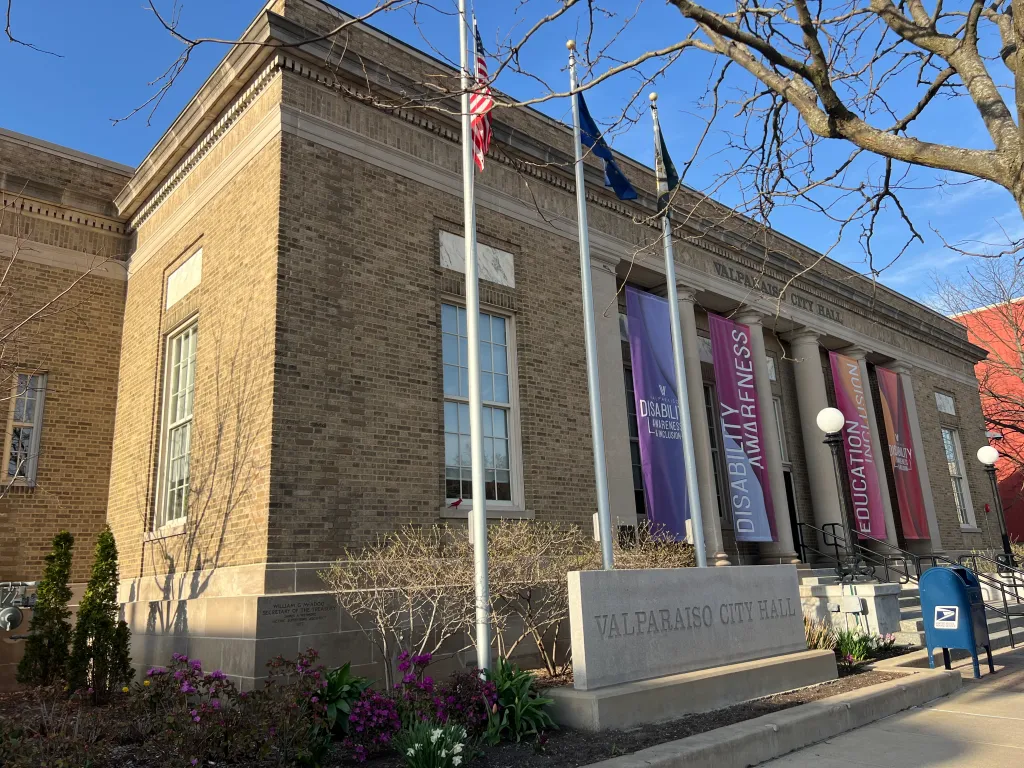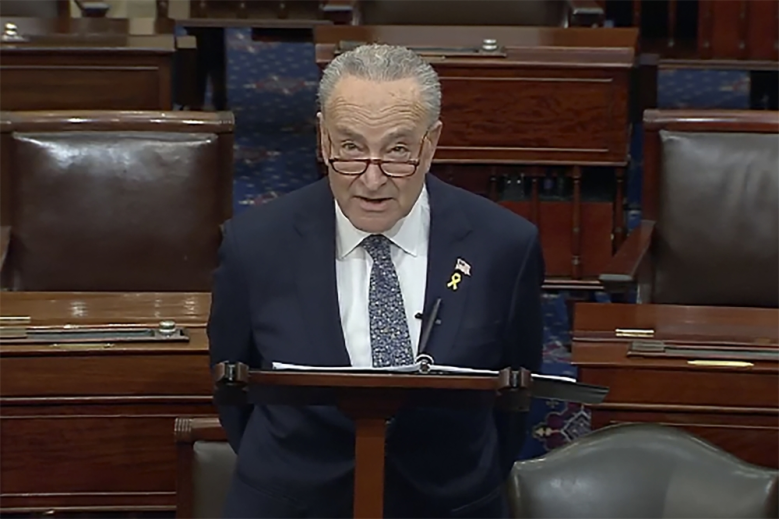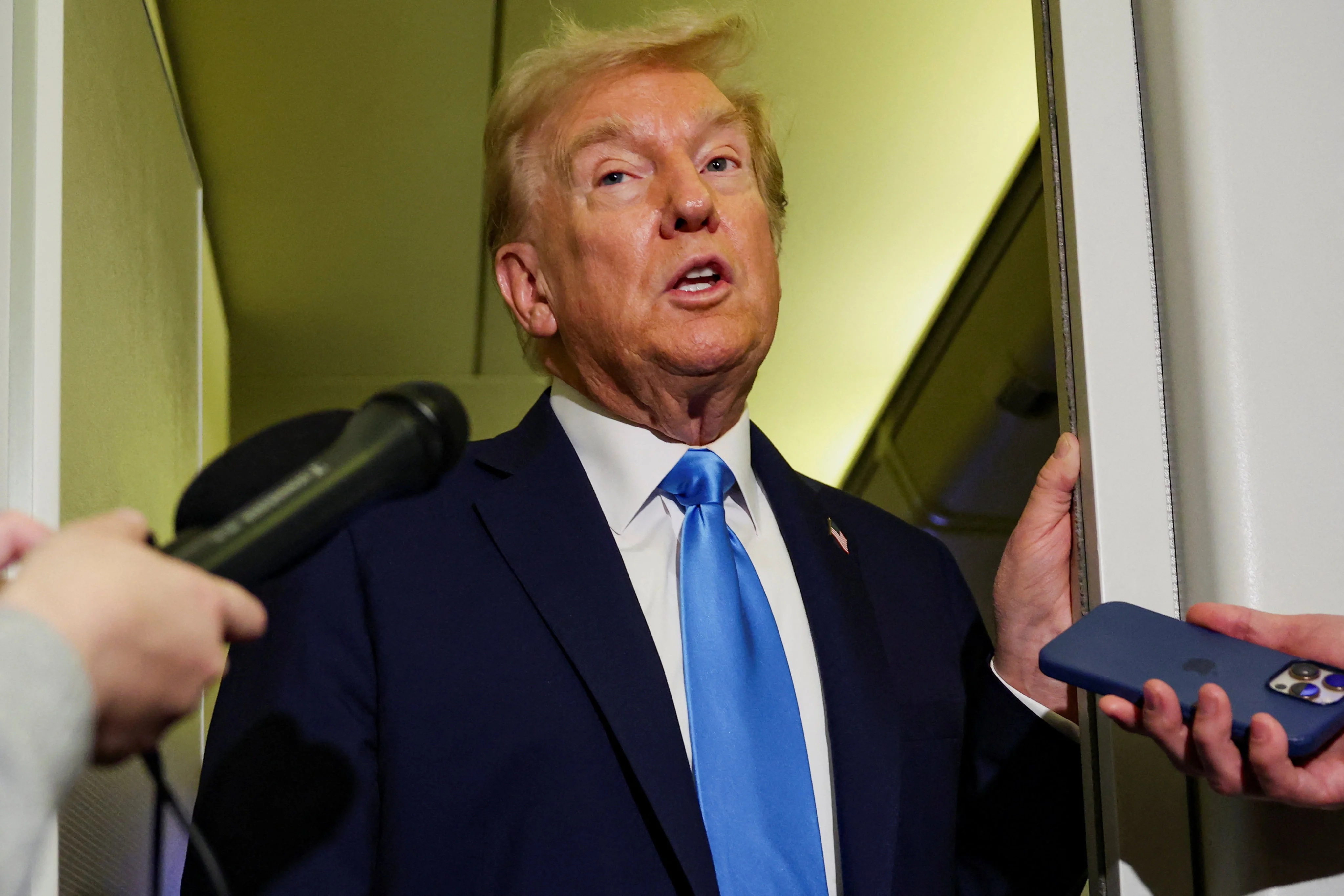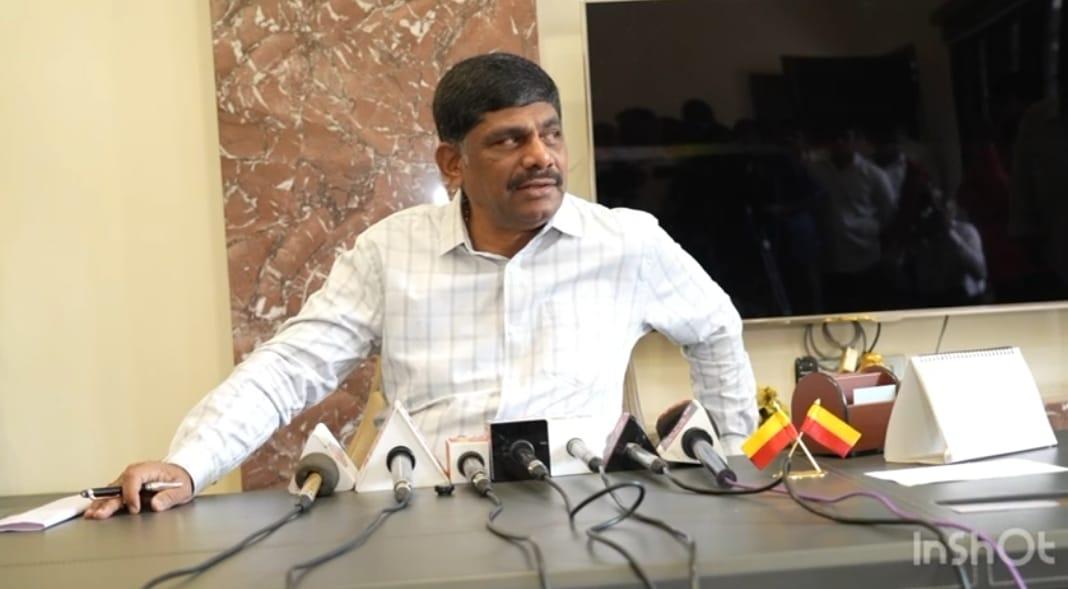Copyright Chicago Tribune

Following a back-and-forth discussion among its members, the Valparaiso City Council on Monday voted 6-1 to adopt the ordinance establishing the Valparaiso Citizens Redistricting Advisory Commission. Final ratification is expected at the next city council meeting after the changes are put in writing. Council Member Barbara Domer, D-3rd, was the sole dissenting vote because of two changes proposed by Council Member Peter Anderson, R-5th, who had initially proposed a slew of amendments, but said he would be content with just the final two. The amendments call for increasing the commission from five proposed members to six, with no more than three from any one political party. Domer, who has spearheaded the committee creating the proposed ordinance with the help of Common Cause Indiana and the Porter County League of Women Voters, explained that Anderson’s proposal was received by council members Thursday evening and was initially anonymous. She said the proposed amendments were attached via email to the meeting agenda they received from Clerk-Treasurer Holly Taylor, who told the council the proposed amendments would need to be discussed at the council meeting. She said only after inquiries from multiple council members did Taylor share that the author was Anderson. “These actions demonstrated an immense lack of transparency in our city government operating in this manner, and that is the exact opposite of what I am trying to do with this ordinance,” Domer said. The council adopted multiple rounds of amendments to the ordinance governing the commission’s creation before settling on the final. The first vote of 5-2 was to restrict payment to the commission members on the advice of Mayor Jon Costas and to direct that the seven seated city council members would jointly appoint the five voting members of the Valparaiso Redistricting Advisory Commission. Anderson and Council Member Jack Pupillo, R-4th, voted no. Then a lengthy discussion ensued in which an amendment was passed with a 4-3 vote, changing the commission to six members approved by the joint council, no more than three of which may be of the same political party. On that vote, Domer, Council President Ellen Kapitan, D-At-Large, and Council Member Robert Cotton, D-2nd, voted no. Despite saying he was “strongly opposed” to the allowance of any political affiliation, Cotton, as well as Kapitan, voted for the ordinance with Anderson’s two amendments in the end. “That’s a really big rub for me,” Cotton said on political affiliation. Council Member Diana Reed, D-1st, said, “I’m not opposed to six.” She recalled being on the committee with a fellow council member from the Republican Party the last time the precincts were redrawn. “It was a good working relationship,” she said. “We went back and forth on many things and it was very balanced.” Council Member Emilie Hunt, D-At-Large, said she appreciated Anderson’s willingness to drop most of his amendments. Domer disagreed. “What would be the point of all these requirements if the starting point is that you have to be a Democrat or a Republican?” she asked. “Because two things can be true,” Hunt replied. “You have a guardrail and then you have all these important guardrails that you put together.” “I think it takes the politics out of it, in my opinion,” Anderson added. “I agree with that,” Hunt said. Julia Vaughn, executive director of Common Cause Indiana, disagreed during the public comment portion of the meeting. “My concern about the amendment that you just adopted is that it’s an even number and even numbers can deadlock,” she said. “You just did something that will encourage it to not function.” Beckie Guffin, president of the League of Women Voters of Porter County, said she wanted to respond publicly to remarks made by Anderson and Pupillo at the last city council meeting, accusing the league of being partisan. She said the league has not endorsed or opposed any candidate or political party since its formation over 100 years ago, but that it does inform voters on where candidates stand on key issues that affect their lives. “We are non-partisan, but we are not neutral,” she said. “Remaining non-partisan does not mean staying silent, and I think this is where the two council members are confused.” Shelley Jones is a freelance reporter for the Post-Tribune.



